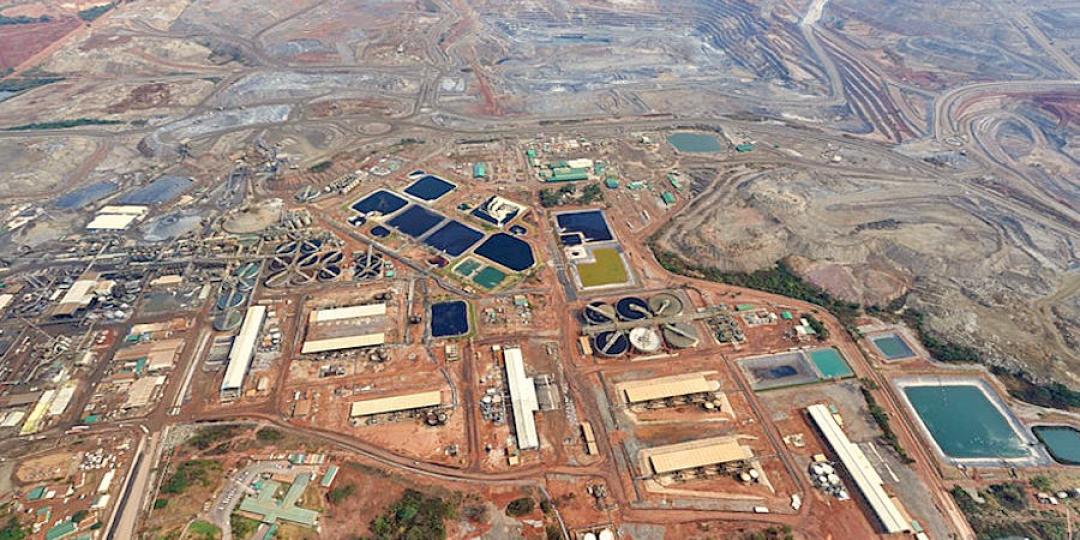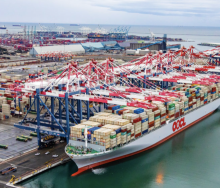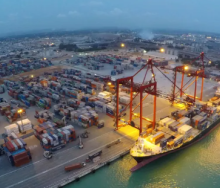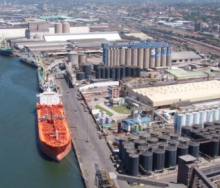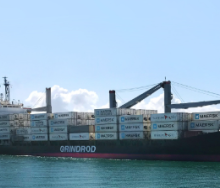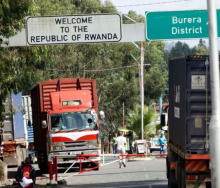Zambia has revealed plans to increase its annual copper production from 830 metric tons per year to 3 million tons, according to its President Hakainde Hichilema.
Delivering a keynote address on the opening day of the Investing in African Mining Indaba in Cape Town yesterday, Hichilema said he and his government had taken a stance as they were tired of talking about Africa’s potential. “We no longer want to hear the song about the potential of this continent. We want to realise that potential, driving development and alleviating the poverty of our people. There should be no more excuses from African leaders. We can no longer hide in arguments. It is time to get the job done, which is what we were elected to do.”
Amidst much applause, Hichilema said a top priority was improving the railway system in the country as this was critical if the country wanted to increase copper production. “We need far more efficient movement of mining commodities, and we need to invest in our infrastructure to make this happen.”
He said mining was an anchor for many African countries and a major driver of economic growth for the continent, but it had to be managed properly.
“The vast resources on this continent are the key drivers of the development agenda. Zambia and the DRC, for example, hold 70% of the world resource in cobalt. Mining must be exploited properly and strategically to benefit the lives of Africans who need to be scaled out of poverty yesterday already.”
Hichilema said this called for deliberate efforts from African leaders to ensure the sustainable development and management of the continent’s resources.
“It requires effort from all of us. We need to build downstream linkages aimed at promoting value addition as well as upstream linkages. The development of supporting infrastructure, including in areas such as power, logistics and transport, is critical.”
According to Hichilema, it is clear that aggressive investment in exploration is also necessary to create ongoing prosperity for Africa.
“Personally, I am embarrassed that we have so much poverty on this continent amidst so much mineral wealth. We must resolve it urgently.”
He said in Zambia momentum was building to ensure increased production. This included a current moratorium on mining rights. “This will only be in place for a short while as we clean up the sector and rid it of some of the challenges - including corruption. We are also in the process of building strategy partnerships to position Zambia for future prosperity as we grow our mining sector.”
Calling on investors to look at the opportunities in Zambia, Hichilema said they were already seeing more interest. “We have seen an increase in investment in mining as well as in the solar and wind industries. We are no longer operating in isolation but working with the private sector to achieve our goals. We do not want to work with the private sector once a month, but every day as we unlock the opportunities and potential of Zambia.”
He said while the plans to increase copper production were ambitious, there was no reason that the country could not achieve the targets it had set for itself.
“The Zambian government is intent on growing the mining economy. We are in the process of creating a durable and stable mining environment in the country, an environment that is easy to do business in. Zambia is open for business.”
Following Hichilema’s address, First Quantum Minerals CEO Tristan Pascall said a $1.25-billion expansion of the company’s Kansanshi copper mine in Zambia, first floated in January 2020, had been approved.
This was a clear indication of the renewed confidence in Zambia’s investment climate.
Pascall said a further $100-million investment in its Enterprise nickel project in Zambia, which it expects to start producing in 2023, had also been approved.
